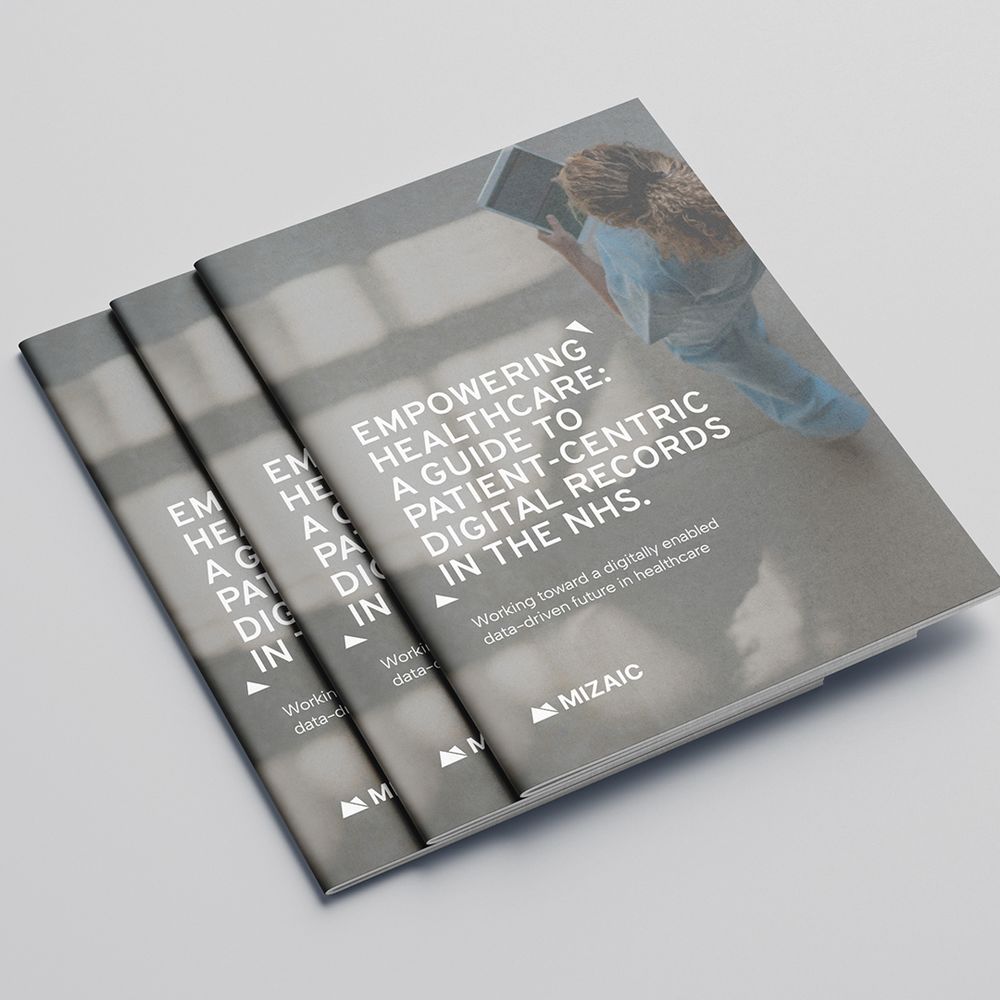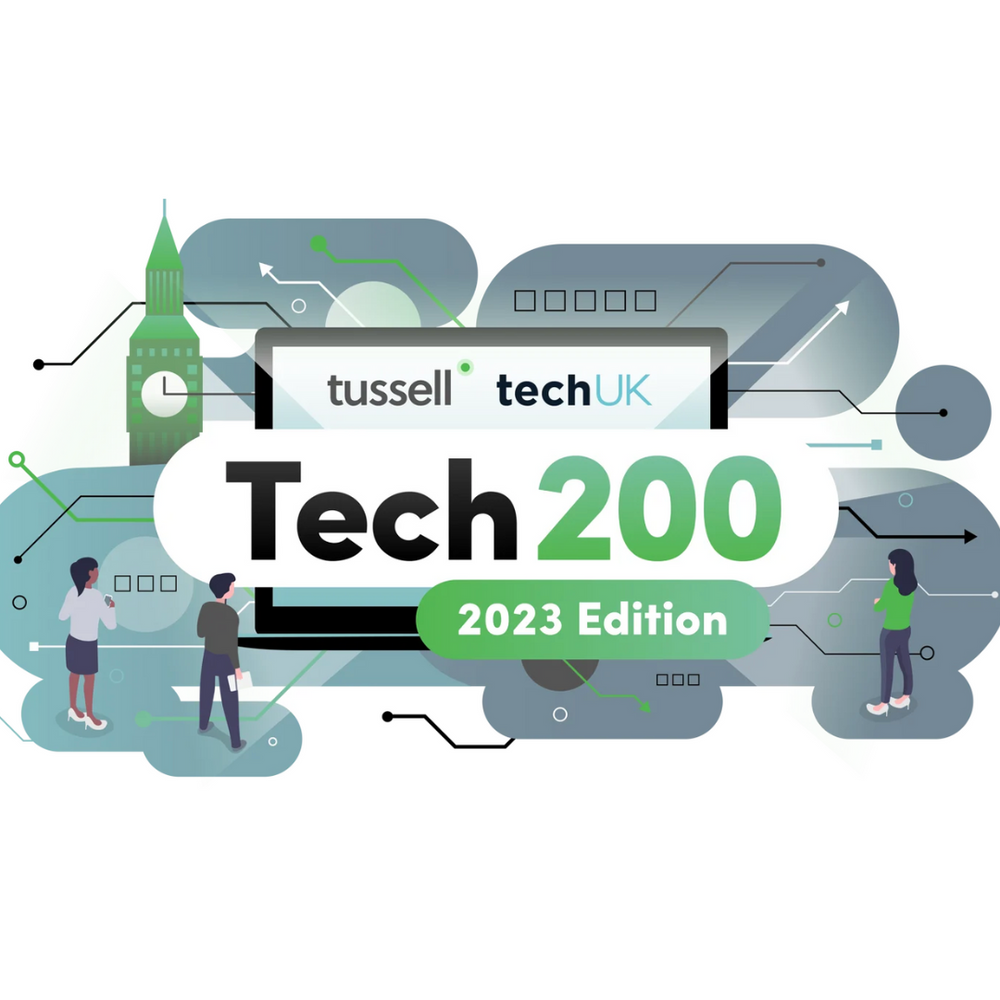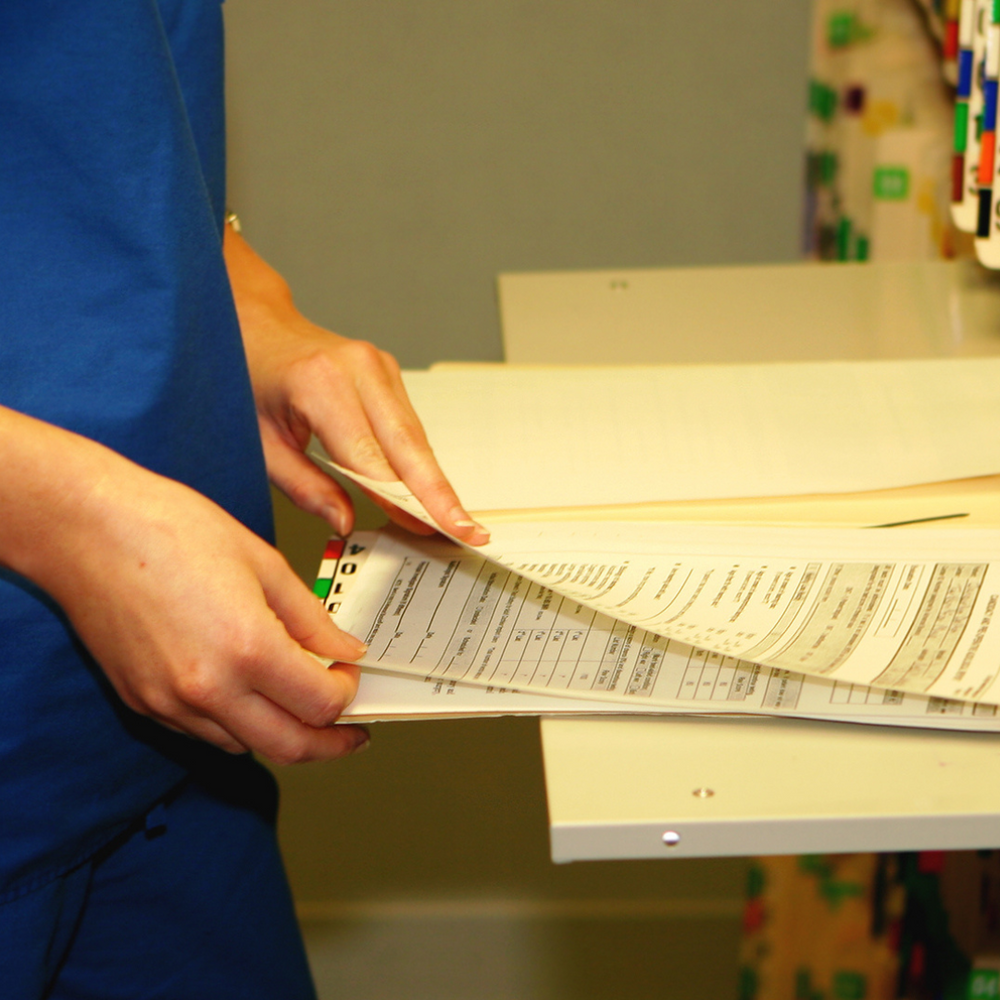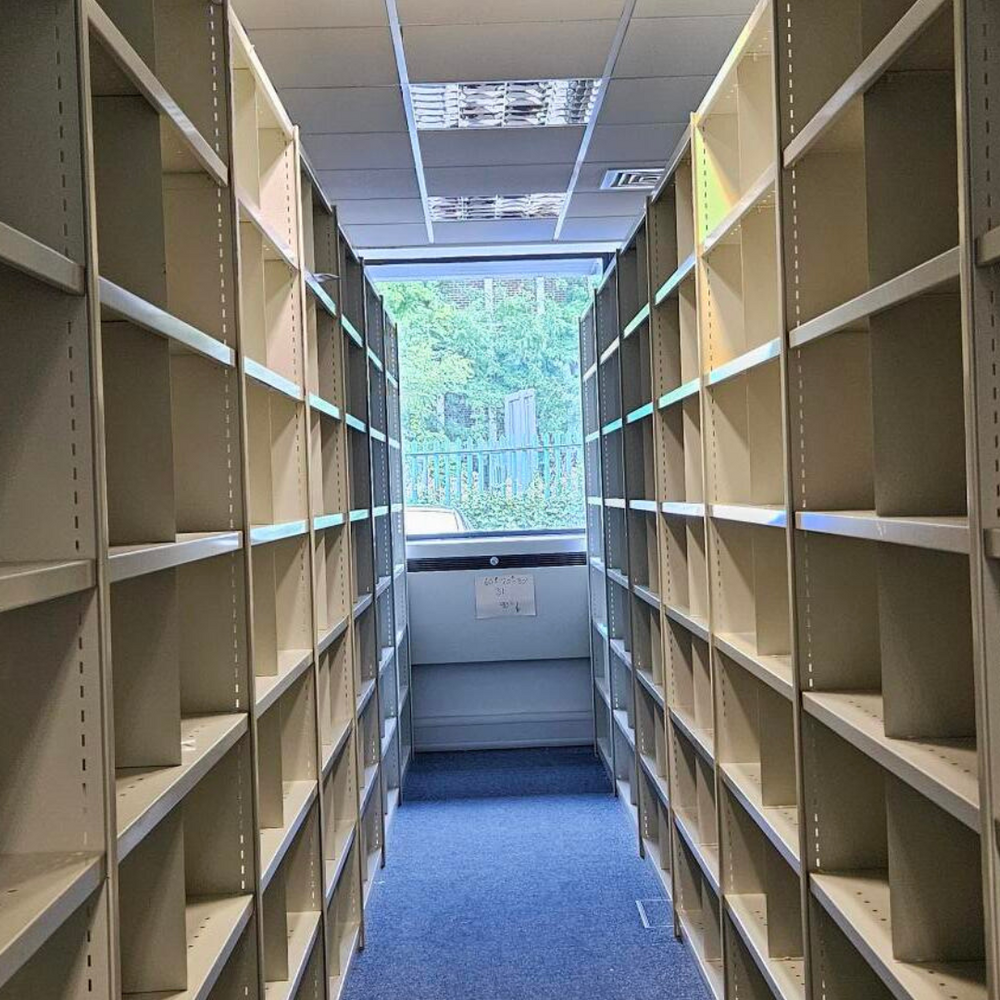
| Blogs
The NHS and the billion-pound wake-up call: Time to embrace digital transformation
< Return to the insights hub
In a recent Times article, it was revealed that the NHS has spent a staggering £1 billion on storing paper medical records in England over the past five years. As advocates and enablers of a paperless NHS, we already knew the monetary value being wasted on physical storage libraries – many of which are unfit for purpose.
This monumental amount of money highlights the critical need for the NHS to digitise patient data – which is our exact mission at Mizaic. Commenting on the news, our Commercial Lead, Jamie Hall, shares his thoughts on the matter and why he challenges the data that shows only 12% of UK hospitals still rely on paper records.
The numbers don't lie – £1 billion is a shocking amount of money. It is a stark reminder of the urgent need for the NHS to embrace digital transformation and leave behind the archaic practice of paper-based record-keeping.
Let’s put this into some additional perspective, if the NHS does nothing about the problem in the next 12 months, or even 24 months as we know how busy the NHS is with other projects and activities, they will continue to incur charges of close to £400m still managing the storage of patient medical records, more than enough to embark upon a programme that would ensure they never spend the same amount again over the preceding years.
While many tech companies across the country – like Mizaic – are working tirelessly to help the NHS make this shift, the reality is that the healthcare system is grappling with financial constraints. Securing the necessary resources to tackle this issue effectively has become increasingly challenging.
One statistic that has been circulating is that only 12% of hospitals in the UK continue to rely on paper records. However, we believe this statistic to be misleading. The truth is that there is ample evidence of paper still being used within the NHS. My team at Mizaic has yet to encounter a genuinely paper-free hospital, and we are not alone in this observation.
The news of the NHS squandering over £1 billion on storing paper medical records is not just concerning; it is utterly unsustainable. This staggering expenditure is a significant drain on NHS resources that could be far better allocated towards improving patient care and enhancing healthcare services.
Patients missing appointments and experiencing delays in care due to inefficient paper-based systems should not be the norm in today's digital age. While the data may suggest that some Trusts are "paperless", our firsthand experience contradicts this claim.
Therefore, we must challenge the 12% statistic, as it inaccurately implies that the other 88% of hospitals are operating without paper, which is far from the truth. The 12% may pertain to the number of hospitals that have not yet adopted a single Electronic Patient Record (EPR) system. While the government's latest Minimum Digital Foundation Fund (MDFF) funding stream has been instrumental in kickstarting digital journeys for many less digitally mature hospitals, it does not directly address the £1 billion problem we face.
EPRs are undoubtedly a crucial part of the long-term solution, but they do not eliminate the need to convert existing paper records into digital formats for immediate clinical use. That is precisely the role of an electronic document management solution (EDMS), which complements EPR systems.
Regrettably, despite our efforts and those of others in the industry to raise awareness, there has been no significant funding stream or initiative specifically targeting the digitisation of existing paper records. It is high time we acknowledge that funding is an indispensable requirement to transform digitisation from a mere aspiration into a tangible reality.
The Government has a moral obligation to NHS patients and healthcare professionals, as well as taxpayers, to allocate resources wisely. We can no longer afford to let billions deteriorate in the vaults of paper archives.
It's time for a digital revolution within our healthcare system, and the investment required to make it happen should not be underestimated. The billion-pound wake-up call is here, and it's a call we must answer for the sake of a more efficient, cost-effective, and patient-centric NHS.
If you’re one of the many Trusts who are yet to make the jump from paper to pixels, get in touch with our team.
Related posts

guide
The Challenge of Managing Access Requests in NHS Trusts

guide
Empowering healthcare: A guide to patient-centric digital records in the NHS

guide
Building the economic case for an NHS EDMS guide

event
Digital Health Rewired 2025

event
On Demand Webinar: EDMS In Action

news
We’ve won 17th place in the Tech200 Awards!

case study
Helping Northumbria Healthcare NHS Foundation Trust digitise 1m+ patient records

case study
Barnsley Hospital achieves digital excellence with partners Mizaic, System C and Iron Mountain

case study
Hillingdon Hospitals NHS Foundation Trust transforms healthcare infrastructure
